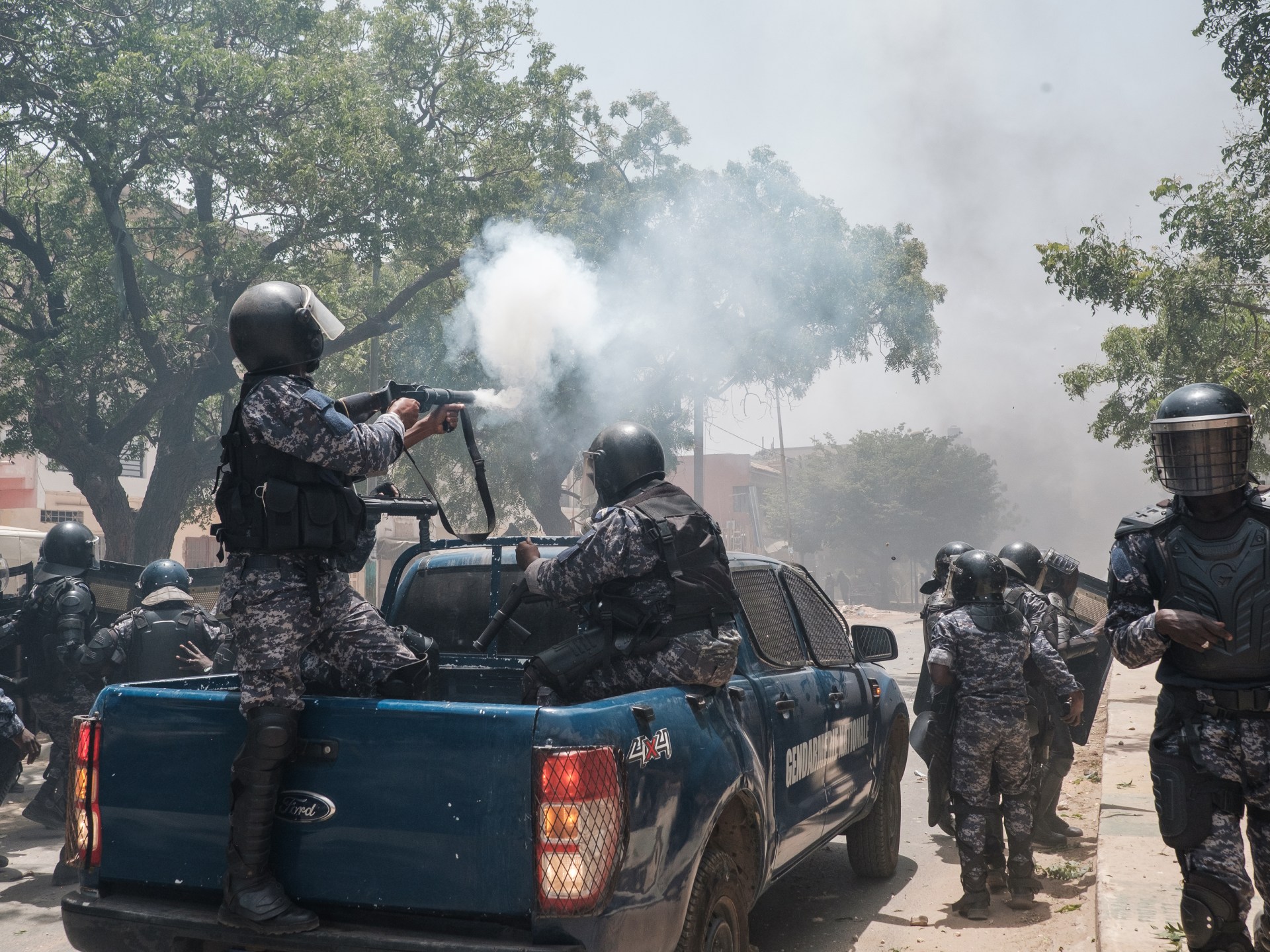Blair ‘Duped’ British People Over Iraq
"It was a political decision that came from the prime minister. We were misled. I think we were deceived in the way it was done," Short told the weekly newspaper.
"I have concluded that the PM decided to go to war in August sometime and he duped us all along," she said.
Short also hit out at the dossier on Iraq presented by Blair to the House of Commons last September to convince doubting MPs that Iraq was very close to having nuclear bomb.
The dossier’s headline claim was that Iraq could deploy weapons of mass destruction within 45 minutes, and that it had missiles with sufficient range to reach Cyprus where Britain has military bases.
"The suggestion that there was a risk of chemical and biological weapons being weaponized and threatening us in a short time was spin," she said.
Short said that she had seen all the intelligence coming from Britain’s three security services, and did not see the 45-minute claim among it.
"That didn’t come from the security services," she added.
Last month, Short lashed out at Blair at the House of Commons, describing him as “control freak” in what was seen as the most vociferous and acrimonious resignation speech to MPs in a decade.
But Blair’s office flatly denied Short’s allegations of duping the British public.
"No-one was duped by 12 years of (United Nations) Security Council resolutions specifically dealing with Saddam Hussein’s program of weapons of mass destruction," a Downing Street spokeswoman said Sunday.
On March 10, Short threatened to resign if Blair followed the United States into a war on Iraq without U.N. authorization.
Short’s comments came as a new poll, published in The Mail on Sunday, showed that 63 percent of British voters felt they had been misled by Blair over the issue.
Twenty-nine percent of the 2,182 people polled by YouGov last week said they did not feel they had been misled, while eight percent said they didn’t know.
Not A ‘Fib’
However, Blair insisted that the weapons issue was not a ‘fib’ by Britain, warning his critics they would have to be patient, also hinting that evidence existed which had yet to be made public.
"Those people who are sitting there saying: ‘Oh, it’s all going to be proved to be a great big fib got out by the security services, there will be no weapons of mass destruction’ – just wait, and have a little patience," the BBC quoted Blair as telling Sky News.
"What I have said to people is, over the coming weeks and months we will assemble this evidence and then we will give it to people," Blair said in Saint Petersburg, where he is attending a celebration of the city’s 300th anniversary.
He said he had "no doubt whatsoever" that Saddam Hussein had had nuclear, chemical or biological weapons.
"And I have absolutely no doubt whatever that the evidence of Iraqi weapons of mass destruction will be there," he said in an interview with the British television channel.
But Blair conceded that the case for war — which was based around WMDs — would be dented if nothing was uncovered.
"Of course it would matter, and that’s why it’s important that we carry out this task," he said.
He said people would have to wait for the evidence to be collated, hinting that some evidence had already come to light.
"I certainly do know some of the stuff that has already been accumulated as the result of interviews," he said, adding that he had no intention of giving a "running commentary" on the matter.
On Saturday, May 31, the Guardian revealed that U.S. Secretary of State Colin Powell and his British counterpart Jack Straw privately voiced doubts over Iraq’s weapons program during a meeting shortly before a crucial session of the U.N. security council on February 5, when Powell presented, in a 75-minute dramatic speech, what was described as declassified information about evidence of Iraq’s weapons program.



